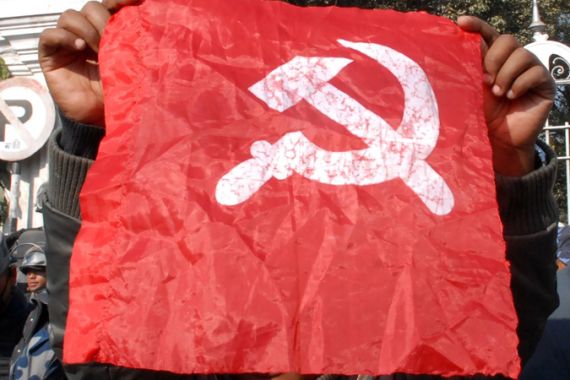
India’s ‘forgotten’ war
Does India’s top Maoist leader’s death signal the beginning of the end of one of the world’s longest running conflicts?
Indian security forces have shot dead a top Maoist rebel leader known as Kishenji. His death has left the Indian state of West Bengal on high alert amid fears of revenge attacks.
There is already controversy about the way he died. But does it signal the beginning of the end of one of the world’s longest running conflicts?
The Maoists, or the Naxalites, began their violent rebellion back in 1967. They claim to be fighting for the rural poor and the indigenous tribesmen, who – they say – have been neglected for decades.
In 2006 the Indian prime minister called the Maoists the biggest internal security threat facing his country and since the uprising began more than 6,000 people have died in India’s “forgotten war”.
Inside Story, with presenter James Bays, discusses with Kuldip Nayar, a political commentator and former member of parliament; and Kailash Budhwar, a South Asia expert.
|
“It’s not [just] the people who are fighting on the ground, it’s [also] the people who sympathise and support them and it’s not only the deprived tribals, it’s also some well-read intellectuals, some professors and some students who have sympathy with this movement, because they think there’s no other way India can improve their lot.” Kailash Budhwar, South Asia expert |